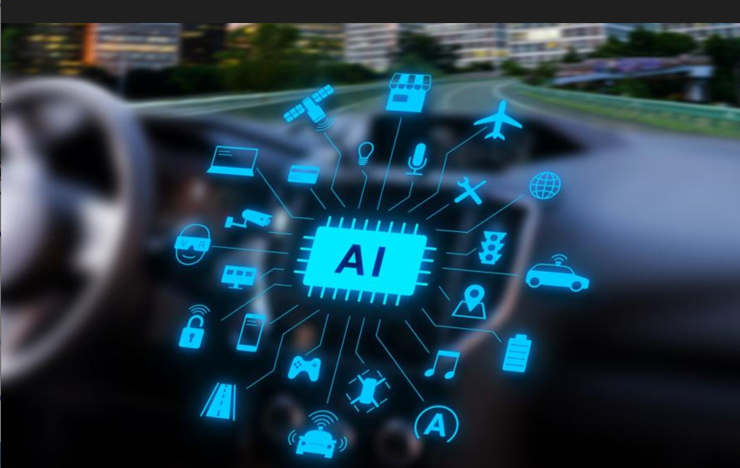
Introduction
The future of transportation is being shaped by advancements in technology, particularly in the field of artificial intelligence (AI). Autonomous vehicles, once a futuristic concept, are now becoming a reality thanks to AI’s rapid development. This article delves into the transformative impact of AI on autonomous vehicles and explores how this technology is driving the revolution in the automotive industry.
The Role of AI in Autonomous Vehicles
AI plays a crucial role in enabling autonomous vehicles to perceive, navigate, and interact with their environment. Key AI technologies involved include:
- Machine Learning: Allows vehicles to learn from data and improve their performance over time.
- Computer Vision: Enables vehicles to interpret visual information from cameras and sensors to understand their surroundings.
- Natural Language Processing: Facilitates communication between the vehicle and passengers through voice commands.
Benefits of Autonomous Vehicles
Autonomous vehicles offer numerous benefits that promise to revolutionize transportation:
- Safety: AI-driven vehicles can significantly reduce accidents caused by human error, which accounts for the majority of traffic incidents.
- Efficiency: Autonomous vehicles can optimize routes and reduce traffic congestion, leading to more efficient travel and lower fuel consumption.
- Accessibility: Self-driving cars can provide mobility solutions for individuals who are unable to drive, such as the elderly or disabled.
Current Developments and Challenges
Several companies and research institutions are at the forefront of developing autonomous vehicle technology, including Tesla, Waymo, and Uber. Despite significant progress, there are still challenges to overcome:
- Regulation and Legislation: Developing comprehensive laws and regulations to ensure the safe integration of autonomous vehicles into existing transportation systems is crucial.
- Technological Hurdles: Ensuring the reliability and robustness of AI systems in diverse and unpredictable real-world conditions remains a major challenge.
- Public Acceptance: Building public trust and acceptance of autonomous vehicles is essential for their widespread adoption.
The Future of Autonomous Vehicles
The future of autonomous vehicles is promising, with AI continuing to drive innovation in the field. Potential future developments include:
- Fully Autonomous Vehicles: Moving from semi-autonomous to fully autonomous vehicles that require no human intervention.
- Integration with Smart Cities: Autonomous vehicles becoming a key component of smart city initiatives, integrating with other technologies to create efficient and sustainable urban environments.
- New Mobility Solutions: The rise of autonomous ride-sharing and delivery services, transforming the way people and goods are transported.
Conclusion
AI is at the heart of the autonomous vehicle revolution, driving advancements that are set to transform the automotive industry and transportation as we know it. While challenges remain, the potential benefits of autonomous vehicles in terms of safety, efficiency, and accessibility make them a key focus of technological innovation. As AI continues to evolve, the future of autonomous vehicles looks increasingly bright, promising a new era of mobility.
AI in E-commerce: Enhancing customer experience



